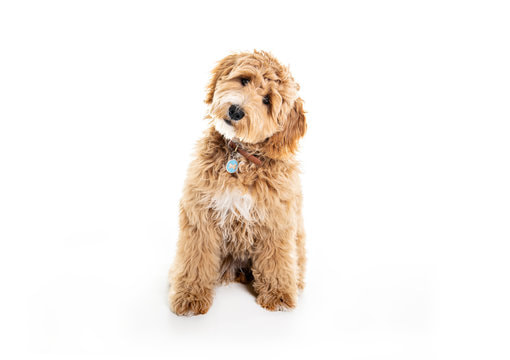Preparing for Your New Puppy
Before your puppy arrives there are a few arrangements to be made and rules to decide on, those include:
Buy the right supplies. You will need a crate and/or bed for your new puppy to stay in. Food and water bowls are a must. Healthy and complete puppy food is important, and your vet can help you decide the right food for your breed. A collar, tag, harness, and leash are important for taking them on walks, however, you may need a harness as you train your puppy. A car restraint is important for their safety if you’ll be traveling often. Puppy pads are helpful for house training, and poo bags are needed for outside.
Puppy-proof your house. Decide where your puppy will be sleeping. Crate training is a popular method to make them feel like they have a safe, quiet place to rest. Choose your puppy’s eating place. Make sure their food is out of their reach. If there are certain parts of your home you don’t want your puppy in, then baby gates can help set boundaries. Check your home for potential puppy hazards like poisonous plants, cleaning products, cables, or other things they might chew on that they shouldn’t.
Find a veterinarian and trainer. Putting your puppy on a routine and early training can create a well-behaved dog. It’s important to get them checked out and up-to-date on their vaccinations as early as possible. Finding the right vet for you and your puppy will make these trips easier.
Before your puppy arrives there are a few arrangements to be made and rules to decide on, those include:
Buy the right supplies. You will need a crate and/or bed for your new puppy to stay in. Food and water bowls are a must. Healthy and complete puppy food is important, and your vet can help you decide the right food for your breed. A collar, tag, harness, and leash are important for taking them on walks, however, you may need a harness as you train your puppy. A car restraint is important for their safety if you’ll be traveling often. Puppy pads are helpful for house training, and poo bags are needed for outside.
Puppy-proof your house. Decide where your puppy will be sleeping. Crate training is a popular method to make them feel like they have a safe, quiet place to rest. Choose your puppy’s eating place. Make sure their food is out of their reach. If there are certain parts of your home you don’t want your puppy in, then baby gates can help set boundaries. Check your home for potential puppy hazards like poisonous plants, cleaning products, cables, or other things they might chew on that they shouldn’t.
Find a veterinarian and trainer. Putting your puppy on a routine and early training can create a well-behaved dog. It’s important to get them checked out and up-to-date on their vaccinations as early as possible. Finding the right vet for you and your puppy will make these trips easier.

